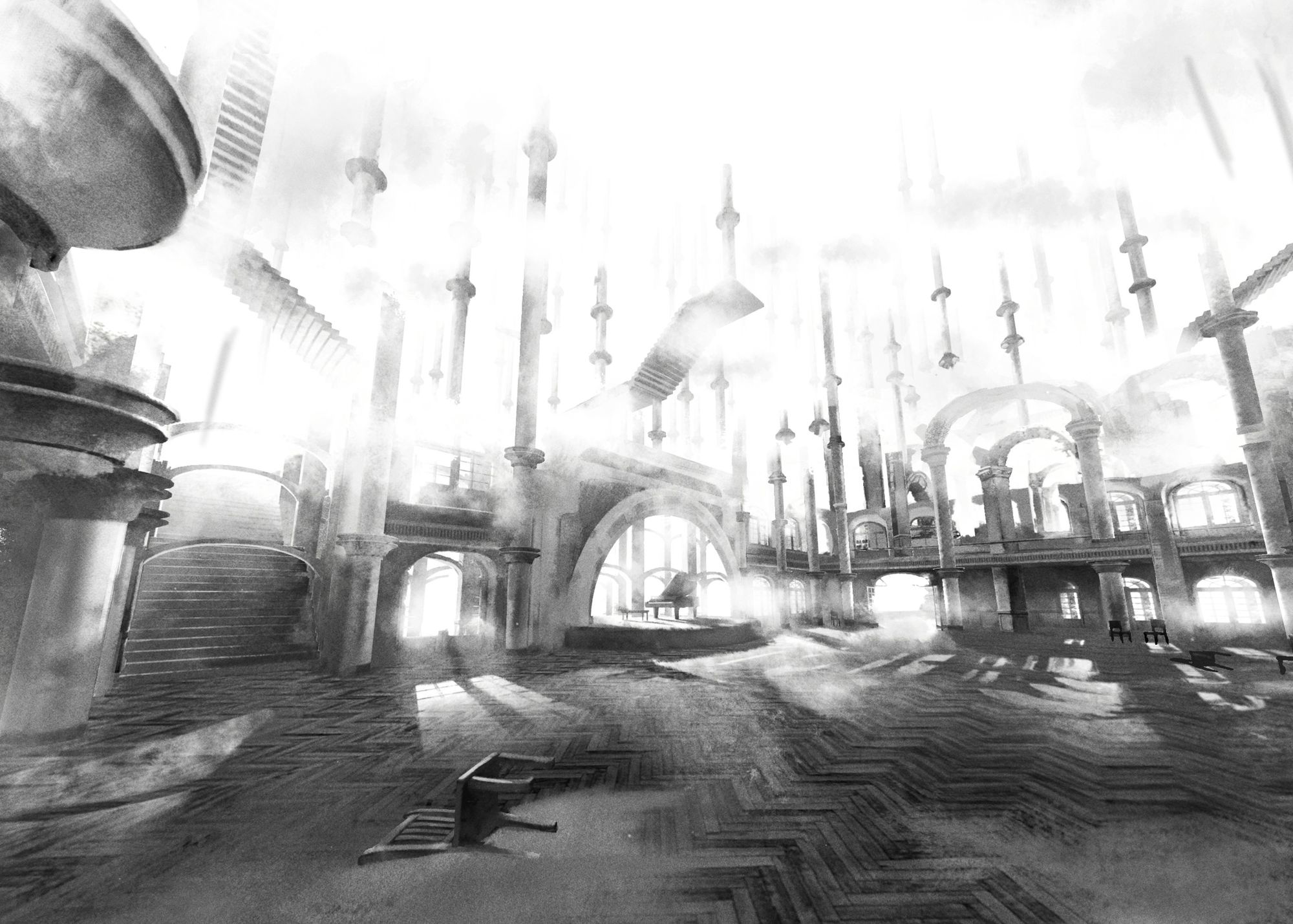Created by Marion Burger and Ilan Cohen, Emperor deftly uses VR to create an emotional story on Quest 2. We will provide you with a complete impression.
Emperor sits somewhere between your typical VR games and 360° movies. Produced by Atlas V and Albyon Studio, this 40-minute journey puts us in the shoes of a man suffering fromaphasiadeep in my father's heart. The result was a deeply personal experience that I will remember for a while. The story uses stylish hand-drawn monochrome visuals and is told by Olivia Cooke's excellent narration, as the daughter learns more about her inner world. It's a mostly guided experience, with events unfolding around you, and interactions are often limited to tracking picked up objects with your hands.
However, I appreciate the simplicity these controls bring. Moving to different areas takes seconds of pointing, and grabbing objects like your father's tapes will advance the story. The strength of Emperor is its narrative, and what's most interesting is the mix of these areas.
Some events are deliberately scripted to make you fail on your first try. The aforementioned letters section involves drawing an 'R', and another challenge involves imitating the hands of a clock. Initially I thought my finger was tracking incorrectly, then I realized it was a clever way of highlighting the difficulty of the situation.
As a player, your goals are clear. As a father, your ways are not clear. These moments remind me"Before I Forget", a graphic game about Alzheimer's disease. The game can't perfectly recreate these conditions, but mixing speech therapy sessions with surreal dream sequences seems to at least provide The Emperor with a window into his life. It shows the father's struggles without making him pitiful.
I have to compare it to Jean-Dominique Bauby’s memoir,Diving with butterflies, which details his life before and after he developed Locked-in Syndrome following a stroke. While it wouldn't be accurate to call this a VR version of Bobby's story, The Emperor was inspired by Burger's father. These two conditions are different, but related tofilm adaptationInevitably there are similarities.

"The Emperor" captures similar raw emotions as you watch his wife and daughter collect the pieces afterward. My father could no longer communicate like he once did, but he understood everything. Watching the dream sequences unfold and hearing his life story added a human touch to the story, and parts of it almost made me emotional. I felt connected to his struggle.





